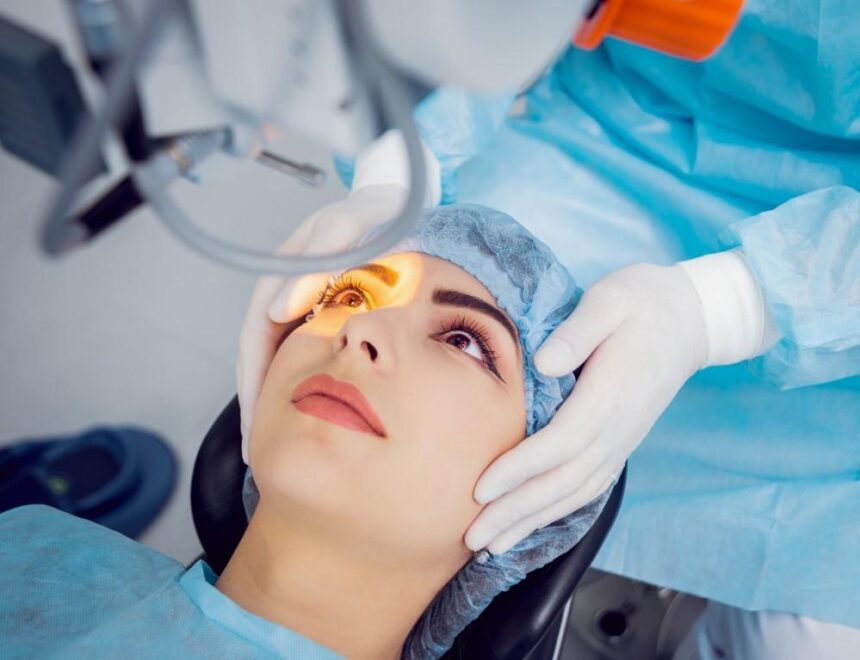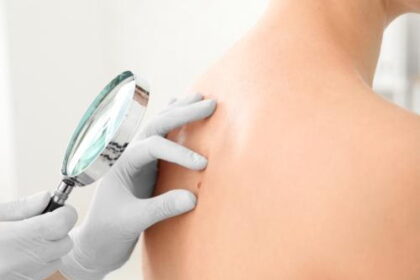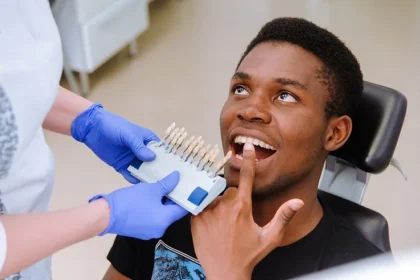Healing after laser eye surgery involves rest, proper care, and regular checkups. Although the goal is better vision, the outcome depends largely on how recovery is handled. Following the right steps supports healing and helps patients return to normal activities with fewer complications.
Follow Care Instructions
Recovery guidelines after laser eye surgery focus on protecting the eyes and supporting the initial healing phase. These include instructions on how to use prescribed medications, guidelines on what protective gear to wear, and recommendations on which activities to avoid. Following these instructions will help the eyes heal while minimizing the risk of setbacks.
Even the slightest omission, such as the inability to apply a necessary dose of eye drops, can delay the progress of treatment. Patients should also be careful about hygiene when handling their eyes. They should clean their hands thoroughly before touching their eyes or applying drops, reducing the likelihood of introducing irritants that could disrupt the healing process. Careful adherence to aftercare instructions will contribute to improved healing results after surgery.
Limit Screen Use
Extended use of phones, computers, or televisions may cause dryness that slows healing. The focused concentration required to use these tools may lead to dryness, which can slow healing. Adjusting the screen’s exposure allows the eyes to remain relaxed and reduces unnecessary stress. This is necessary during the first week of healing when the cornea is still stabilizing.
In cases where screen time is inevitable, certain strategies can be implemented that make it less demanding. Increasing the font size reduces the need to squint, and adjusting brightness levels reduces further fatigue. Taking breaks every few minutes allows moisture levels in your eyes to restore naturally. These habits support healing and make daily activities more comfortable.
Protect the Eyes
Eye protection plays a central role in recovery after a surgical procedure. The healing surface can be irritated by exposure to bright sunlight, dust, and sudden wind. Ultraviolet-blocking sunglasses are a useful protection, especially in the outdoors. This protection makes sure that the eyes remain comfortable while adjusting to new visual conditions. Indoor environments may also play a role in the healing process. Good air circulation reduces dryness, while limiting smoke and strong fragrances helps prevent irritation. Maintaining balanced indoor humidity helps keep the eyes hydrated during recovery. These actions establish a stable environment that promotes continuous healing.
Attend Follow-Up Visits
Follow-up visits allow doctors to monitor progress and address any issues as soon as possible. Surgeons examine the quality of your vision, assess the healing process of the cornea, and decide whether further corrections are necessary. Missing these appointments may allow smaller issues to go unnoticed.
Along with the medical evaluation, follow-up visits offer patients the opportunity to share their daily struggles and receive personalized recommendations. Persistent dryness can be managed with tailored treatment options discussed at these visits. These appointments also allow surgeons to check for signs of infection, inflammation, or abnormal healing.
Monitoring these factors helps determine whether medication adjustments are needed. Eye pressure may also be assessed, since severe changes can affect recovery. Consistent follow-up provides a detailed record that supports the long-term stability of your vision.
Boost Your Healing With Laser Eye Surgery Care
The most effective way to enhance recovery after laser eye surgery is through practical measures that support healing at every stage. By following instructions, managing activities carefully, and attending scheduled visits, patients support lasting visual clarity. Specialized vision care professionals provide guidance and oversight throughout the recovery process. For comprehensive support during recovery and beyond, schedule a consultation today with eye experts who thoroughly understand the laser eye surgery process.









